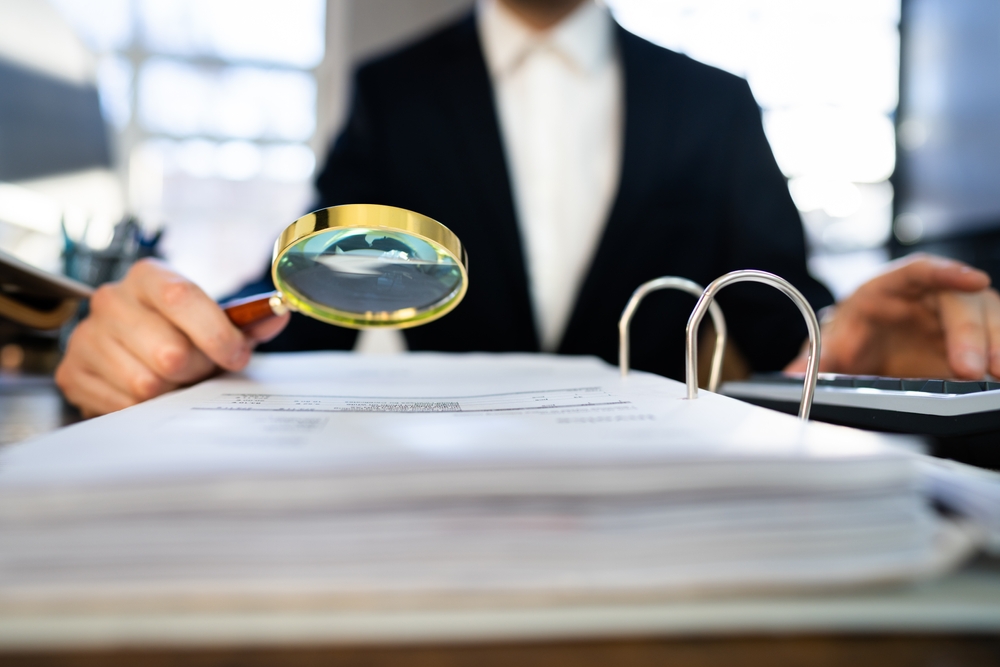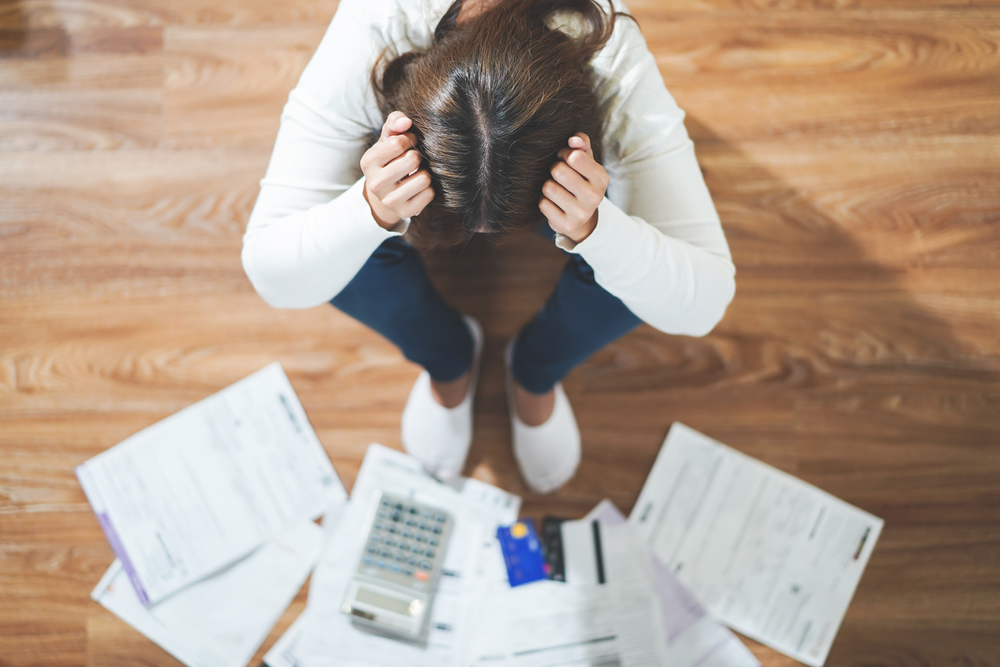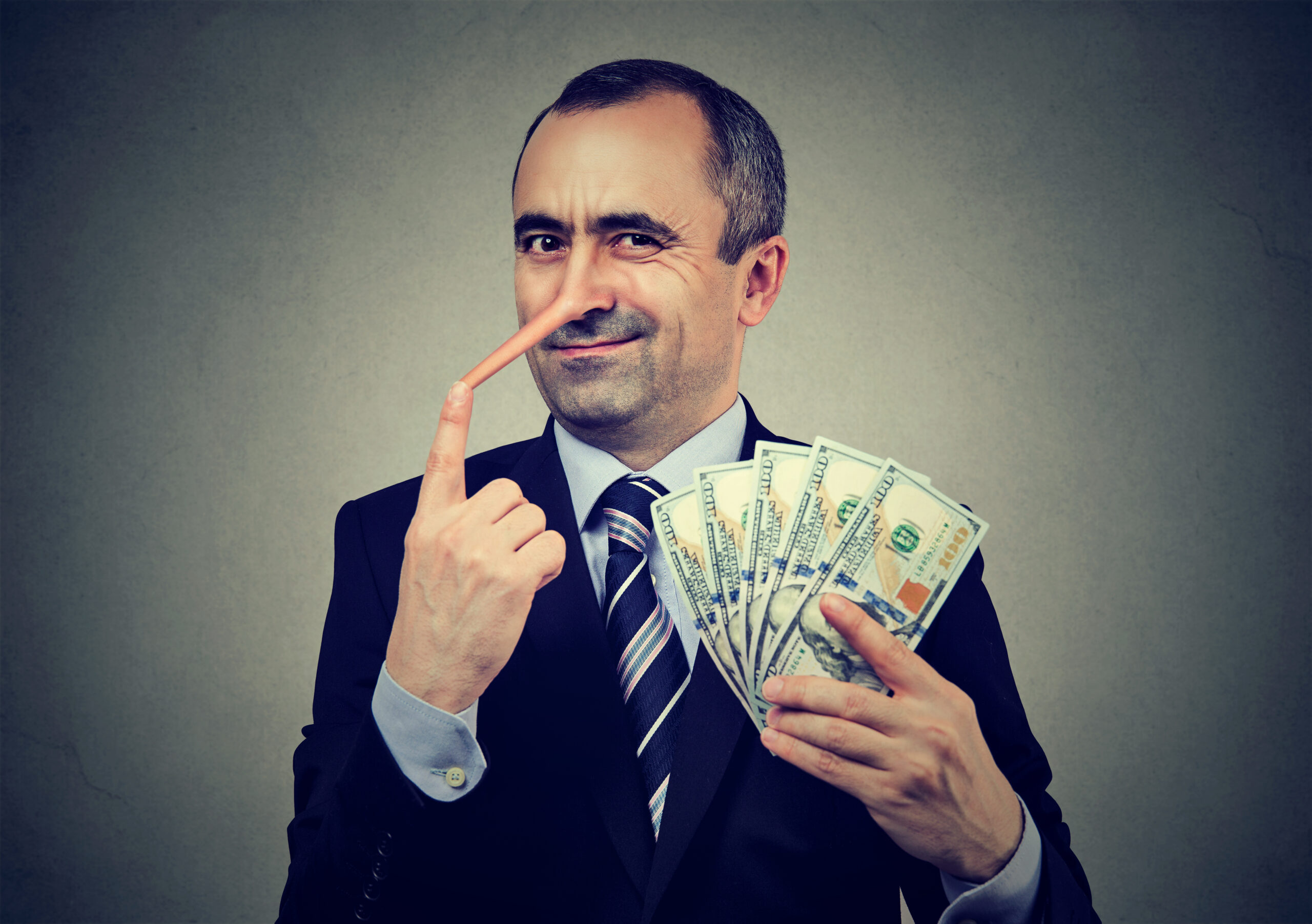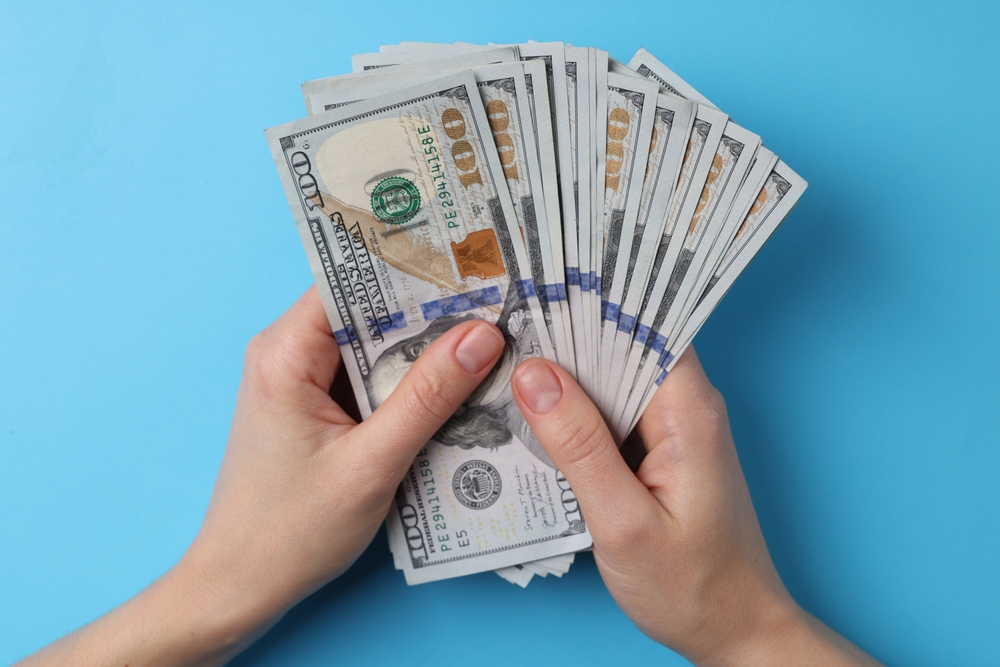Inflation might be cooling on paper, but something still feels off. Groceries are painfully expensive, housing is out of reach, and middle-class families are running on fumes—even when unemployment is low. So what’s actually going on with the U.S. economy? If you ask some of the country’s most trusted economists, the answer is pretty clear: we’re not okay.
Forget political spin—these voices are warning of deeper, structural problems that go beyond the next election cycle. Debt, inequality, global instability, and a fragile middle class are all flashing red. Here’s what 10 of America’s most respected economists are saying—and why their warnings should be taken seriously.
1. Nouriel Roubini: “We’re Headed Toward a Stagflationary Debt Crisis”

Known as “Dr. Doom” for predicting the 2008 financial collapse, Roubini doesn’t sugarcoat what’s coming next. He argues the U.S. is staring down a dangerous combination of high inflation, rising interest rates, and ballooning debt—a perfect storm known as stagflation, where the economy stagnates but prices keep rising.
In interviews and his book Megathreats, Roubini warns that climate change, deglobalization, and aging populations will worsen the crisis. “This is not a soft landing,” he said on Bloomberg. “This is turbulence we’ve never seen before.” When Roubini gets nervous, Wall Street tends to listen.
2. Mohamed El-Erian: “The Fed Lost Control of the Narrative”

El-Erian, former CEO of PIMCO and a go-to voice for the financial elite, says the Federal Reserve acted too slowly—and now, they’re playing catch-up. He’s criticized their mixed messaging, arguing it’s created market volatility and confusion.
He’s especially concerned about long-term inflation expectations, which can become self-fulfilling if businesses and workers expect price hikes to keep coming. “The era of easy money is over,” he said on CNBC. “But we haven’t built a system to function without it.” Translation? The Fed’s credibility is unraveling—and that’s a huge problem.
3. Claudia Sahm: “The Middle Class Is Quietly Breaking”

A former Federal Reserve economist, Claudia Sahm is the voice behind the Sahm Rule—a key recession indicator. But lately, she’s focused less on technical markers and more on lived financial pain. “The economy looks ‘fine’ by the numbers,” she wrote on Bloomberg Opinion, “but it doesn’t feel fine. And that disconnect is dangerous.”
Sahm argues that policymakers have ignored how fragile the middle class has become, especially for families with kids. Wages haven’t kept pace with real costs, and benefits haven’t filled the gap. Her take: a recession might be avoidable—but a quiet collapse in quality of life is already happening.
4. Larry Summers: “We’ve Had a Massive Misdiagnosis”

Former Treasury Secretary and Harvard professor Larry Summers has been ringing alarm bells since 2021, when he warned inflation wasn’t “transitory” like many claimed. He was right—and now he’s warning of further structural shocks coming from global instability and fiscal irresponsibility.
Summers argues the U.S. has spent too much, too fast without targeting the most vulnerable sectors. He’s also skeptical about soft landings, suggesting that taming inflation may require a “meaningful economic slowdown.” His critics call him pessimistic. History often proves him right.
5. Stephanie Kelton: “Our Debt Panic Is the Real Danger”

Author of The Deficit Myth and a key voice in Modern Monetary Theory (MMT), Kelton sees things differently. She believes our obsession with reducing national debt is misguided—and hurting real people. “The U.S. government can’t run out of money,” she says. “What we can run out of is political will to spend wisely.”
Kelton believes austerity narratives are being used to justify cutting social programs while corporate subsidies grow unchecked. Her warning? “The problem isn’t how much we’re spending. It’s what we’re spending on—and who benefits.”
6. Robert Reich: “The Economy Is Rigged—And People Know It”

Former U.S. Labor Secretary and UC Berkeley professor Robert Reich has become one of the most outspoken critics of economic inequality. He points to skyrocketing CEO pay, tax loopholes, and decades of wage stagnation as evidence that the economy no longer serves the majority.
Reich argues that growing cynicism about capitalism is a rational response to a system that rewards the ultra-wealthy and leaves everyone else drowning in debt. “This isn’t just unfair—it’s unsustainable,” he wrote on Substack. The rich may be thriving, but they’re doing it on a sinking ship.
7. Joseph Stiglitz: “Inequality Is Driving Economic Instability”

Nobel laureate and Columbia University professor Joseph Stiglitz has long warned that extreme inequality isn’t just immoral—it’s economically dangerous. “When too much wealth is concentrated at the top,” he says, “demand collapses for everyone else.” His recent work focuses on how corporate consolidation and weak labor rights have hollowed out the middle class.
Stiglitz argues that policy solutions—like stronger unions, fairer taxes, and public investment—aren’t radical. They’re necessary. His bottom line? “We’re playing a rigged game. And the scoreboard doesn’t lie.”
8. James Rickards: “The Debt Spiral Is Already Here”

Financial analyst and author James Rickards is known for his apocalyptic tone—but even mainstream economists are starting to echo his concern. Rickards warns that America’s $34 trillion debt is not just unsustainable—it’s accelerating toward collapse. His biggest fear? A loss of faith in the U.S. dollar as the world’s reserve currency.
Rickards argues that once confidence is shaken, it’ll trigger a currency crisis that no interest rate hike can fix. “It won’t happen gradually,” he says. “It’ll happen all at once.”
9. Ellen Zentner: “Rate Hikes Could Push Us Off a Cliff”

Chief U.S. economist at Morgan Stanley, Ellen Zentner has warned that aggressive rate hikes could overcorrect the economy. “The danger now is overtightening,” she said in a recent interview. “We could kill demand without solving the supply side issues that actually drove inflation.”
She emphasizes that energy prices, housing shortages, and global supply chains—not wages—were the primary inflation culprits. Raising rates won’t fix those. In other words, we’re using the wrong tools—and we’re about to break the machine.
10. William Spriggs (RIP): “Don’t Ignore the Labor Market Story”

Before his death in 2023, economist William Spriggs—chief economist for the AFL-CIO—was a powerful voice for workers. He warned that many “rosy” economic reports ignored the quality of jobs being created. Yes, unemployment was low—but too many jobs were low-paying, precarious, and offered no benefits.
Spriggs fought to reframe the economy around labor dignity and racial equity. His legacy is a reminder that GDP doesn’t measure stress, burnout, or a family barely hanging on. He once said, “If you want to know how the economy is doing, ask a worker.” And right now? The answer is: not great.
This article is for informational purposes only and should not be construed as financial advice. Consult a financial professional before making investment or other financial decisions. The author and publisher make no warranties of any kind.








